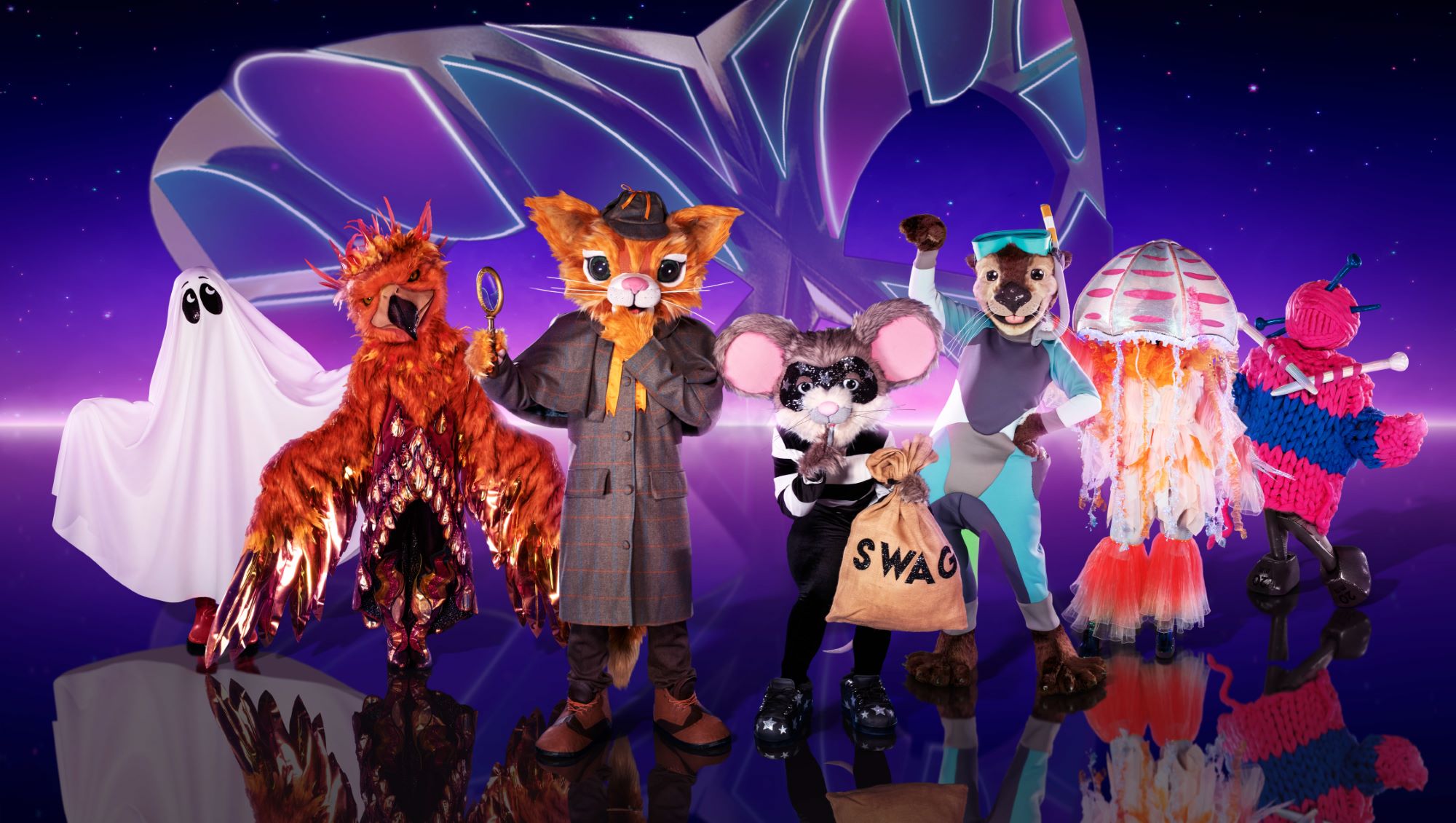The Masked Singer, the celebrated reality television series, has captivated audiences globally with its unique blend of mystery, music, and celebrity reveal. With the highly anticipated Season 12 drawing to a close, the semi-finals have unveiled a shocking new dynamic that challenges our perceptions of identity, performance, and the nature of celebrity.
The semi-finalists of Season 12 represent a wide spectrum of backgrounds and talents. From the enigmatic Hydra, whose three-headed costume conceals a trio of renowned singers, to the enigmatic Robopine, whose sleek, AI-inspired suit hints at a cutting-edge performer, each contestant brings a unique presence to the stage.
Other noteworthy semi-finalists include Pi-Rat, a quirky pirate with a surprising musical talent, and Baby Mammoth, a towering and adorable figure whose surprising vocals have defied expectations.
Beneath the elaborate costumes and carefully guarded anonymity, the true identities of the semi-finalists have sparked intense speculation and debate. Fans have employed social media, voice analysis, and other techniques to unravel the mystery, leading to a collective investment in the show's outcome.
The Masked Singer underscores the disconnect between identity and performance. The costumes and personas create a veil between the singers and the audience, allowing them to embrace new vocal and artistic possibilities. This separation provides a sense of liberation and encourages both the contestants and the viewers to explore uncharted vocal and emotional territories.
The semi-finals have highlighted the immense power of fandom in shaping the narrative of the show. Social media platforms have become a hub for passionate fans to share theories, rally around their favorite contestants, and engage in lively discussions. This collective participation has fueled the excitement surrounding the season and has played a significant role in determining which singers advance to the next round.
While The Masked Singer offers endless entertainment, it also raises ethical concerns. The anonymity of the costumes can shield contestants from accountability, potentially creating a platform for problematic behavior or harmful statements. The show's producers have a responsibility to ensure that the anonymity is not exploited for unethical purposes.
Journal Research: A study published in the journal "Media Psychology" found that the anonymity of The Masked Singer empowers contestants to overcome stage fright and explore their vocal abilities more freely. This aligns with the observation that contestants often deliver standout performances under the guise of their costumes.
News Articles: Media outlets have widely covered the complex dynamics of The Masked Singer. For instance, an article in The New York Times highlighted the empowering effect of the costumes on contestants, while an article in Variety examined the ethical implications of anonymity on the show.
The semi-finals of The Masked Singer Season 12 have unveiled a captivating web of complexities. The diverse array of semi-finalists challenges our perceptions of identity and performance, while the vibrant fandom fuels the excitement surrounding the show. The anonymity of the costumes raises both ethical questions and empowers contestants to explore their vocal abilities. As the season reaches its climax, we eagerly anticipate the final reveals, which promise to further unravel the complexities and leave a lasting impact on the entertainment landscape.
The enduring popularity of The Masked Singer underscores the timeless appeal of mystery and the desire to witness the unmasking of hidden identities. The show has successfully combined music, celebrity, and a unique format to create a captivating experience that continues to engage and entertain audiences worldwide.
Read also:
Unlock Today's NYT Connections Puzzle With Expert Hints And The Answer
Shanna Moakler Talks Relationship With Her And Travis Barker's Kids
Wisconsin Takes Down No. 3 Purdue To Advance To Title Game

